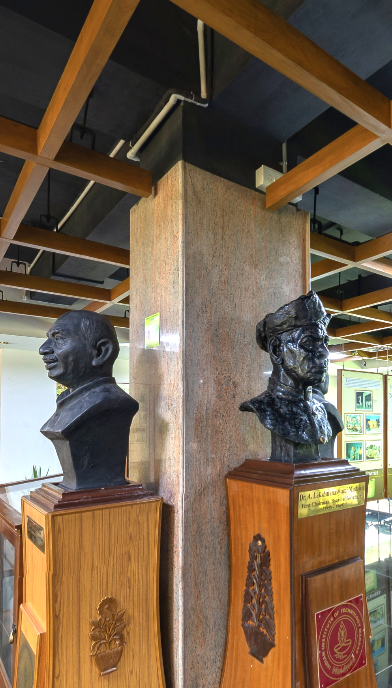Body
The prestigious IIT Madras Distinguished Alumnus Awards were instituted in 1996. They are awarded annually to alumni of the institute in recognition of their professional or individual achievements or for service they have rendered to the community. The awards are presented annually.
-
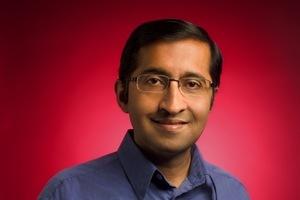
2015 Dr. Krishna Bharat
1991 | B.Tech |
-
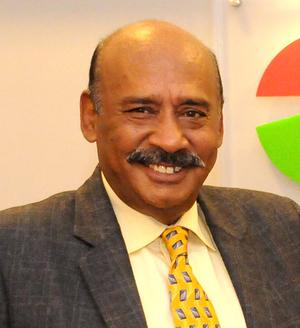
2015 Dr. Krishna Chivukula
1970 | M.Tech |
-
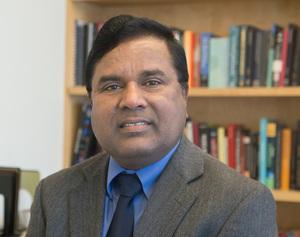
2015 Dr. Periannan Kuppusamy
1985 | PhD |
-
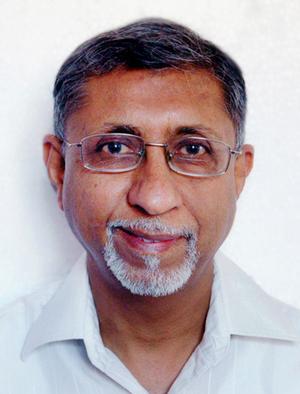
2015 Dr. Prakash Keshaviah
1967 | B.Tech |
-
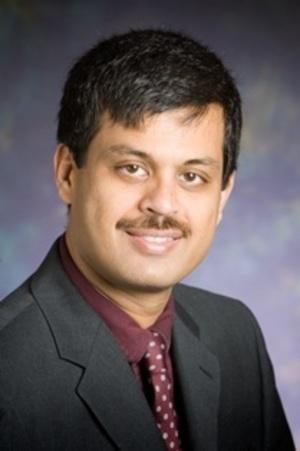
2015 Dr. R. Srikant
1985 | B.Tech |
-
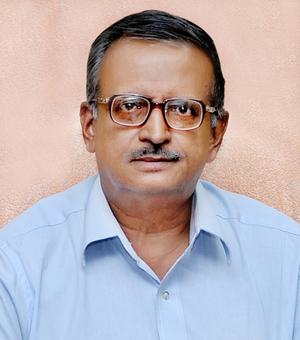
2015 Dr. Ramakrishnan S
1972 | M.Tech |
-
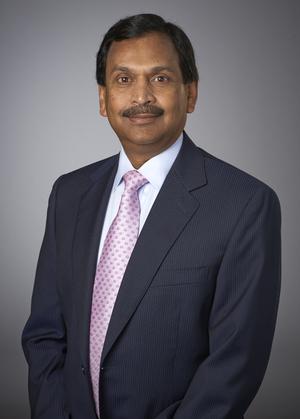
2015 Mr. Ajita Rajendra
1976 | B.Tech |
-
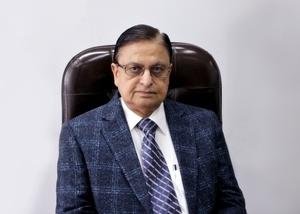
2015 Mr. Lalit Mahajan
1968 | B.Tech |
-
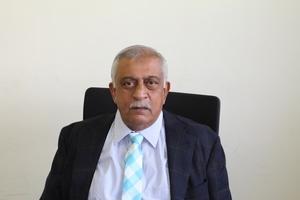
2015 Mr. Sekhar Vasan
1975 | B.Tech |
- Contribute
to the Centre -
Monetary
Support - Digital
Material

